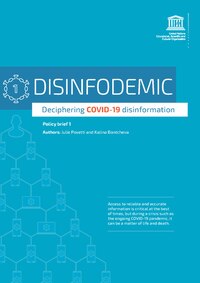
Photo from wikipedia
An academic career is an educational challenge for surgeons. Research takes time and academic surgeons have to balance their time between the operating theatre and science. The h-index, the overall… Click to show full abstract
An academic career is an educational challenge for surgeons. Research takes time and academic surgeons have to balance their time between the operating theatre and science. The h-index, the overall number of citations and the number of peer-reviewed papers are quite objective parameters used to evaluate the scientific profile of a surgeon pursuing an academic career. Nowadays, the widespread diffusion of multicenter studies with big-data analysis is an extremely important tool for obtaining rapid and reliable answers to several clinical questions by collecting a huge amount of data in a relative short period of time. Nevertheless, this type of study can give rise to some questionable practices and recent events connected with the COVID-19 pandemic have further exacerbated this problem due to the urgency of presenting data from several countries through multicenter collaboration [1, 2], often skipping external reviewing in the editorial process [3]. In almost all of these studies, the numerous contributors are asked to simply fill in a questionnaire or database including the data of very few patients for their name to be included among the authors or collaborators. Nevertheless, all these studies are accepted and published by journals with an excellent reputation. Despite the fact that this form of collaboration does not fulfill the basic requirements for authorship (conception, analysis, writing and revision of a manuscript), all contributors benefit from the high number of citations, increasing their h-index. Even when collaborators are not listed as authors, their names appear on PubMed and Scopus, quickly increasing their visibility [4]. For example, the incredible number of collaborative studies published over a few months on the topic “COVID19 and Surgery” have produced a huge hike of citations, suddenly improving the CV of many researchers whereas the production of a “traditional” original paper, normally requires years of hard work, including designing, managing patients, data recording, analysis and waiting for the editorial process. The rules governing the progression of academic careers need to be extensively revised in the light of these considerations, restricting the benefit of a scientific publication to the true authors.
Journal Title: Techniques in Coloproctology
Year Published: 2021
Link to full text (if available)
Share on Social Media: Sign Up to like & get
recommendations!